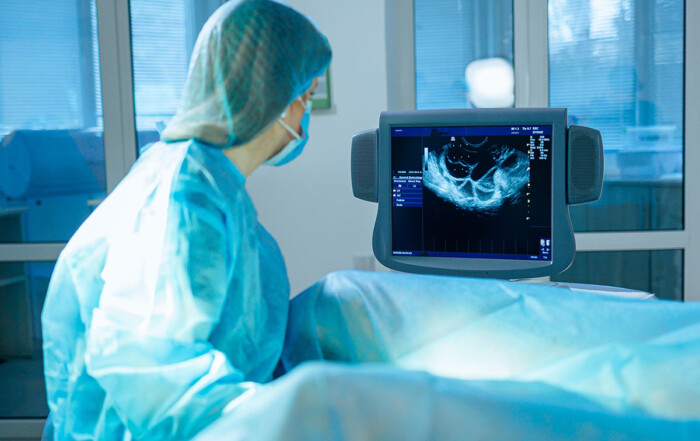Understanding Egg Donation Medications
In the intricate world of assisted reproduction, egg donation medications play a pivotal role in facilitating the journey towards parenthood. These medications, carefully designed and administered, empower donors to contribute to the dreams of aspiring parents. Let’s delve into the compassionate chemistry behind these medications and their significance in the egg donation process.
Hormonal Harmony: The Foundation of Egg Donation
Central to the egg donation process is the delicate balance of hormones that regulate the reproductive cycle. Egg donation medications aim to manipulate this hormonal milieu to optimize egg production while safeguarding the donor’s health and well-being.
Ovarian Stimulation: Fostering Egg Development
The cornerstone of egg donation medications is ovarian stimulation, a process that involves the administration of hormonal medications to encourage the development of multiple eggs within the donor’s ovaries. These medications typically include:
- Gonadotropins: These synthetic hormones, such as follicle-stimulating hormone (FSH) and luteinizing hormone (LH), stimulate the ovaries to produce multiple follicles, each containing an egg.
- Gonadotropin-Releasing Hormone (GnRH) Agonists or Antagonists: These medications help prevent premature ovulation, ensuring that eggs mature adequately before retrieval.
Monitoring and Adjustment: Fine-Tuning the Process
Throughout the ovarian stimulation phase, donors undergo regular monitoring through blood tests and ultrasounds to assess hormone levels and follicle development. Based on these evaluations, healthcare providers may adjust medication dosages to optimize egg production while minimizing the risk of complications such as ovarian hyperstimulation syndrome (OHSS).
Triggering Ovulation: Preparing for Egg Retrieval
As follicles reach optimal maturity, a final injection of human chorionic gonadotropin (hCG) or a GnRH agonist triggers the final maturation of the eggs and prepares them for retrieval.
Supportive Medications: Enhancing Comfort and Safety
In addition to medications directly related to ovarian stimulation, donors may receive supportive medications to enhance comfort and safety throughout the process. These may include:
- Pain Medications: To alleviate discomfort associated with ovarian stimulation and egg retrieval procedures.
- Antibiotics: To prevent infection following egg retrieval.
- Progesterone Supplements: To support the uterine lining and improve the chances of embryo implantation in the recipient or surrogate.
Conclusion: Empowering Generosity with Science
Egg donation medications represent the compassionate fusion of science and altruism, enabling donors to embark on a journey of profound significance. Through meticulous hormonal manipulation and supportive care, these medications empower donors to contribute to the dreams of others while prioritizing their own health and well-being. In the tapestry of assisted reproduction, these medications stand as beacons of hope, nurturing the bonds of generosity and paving the way for the creation of new life.




